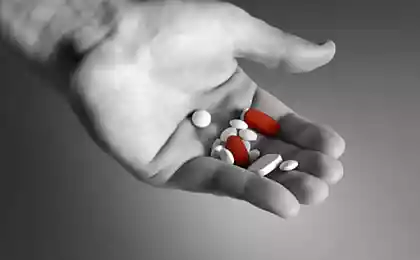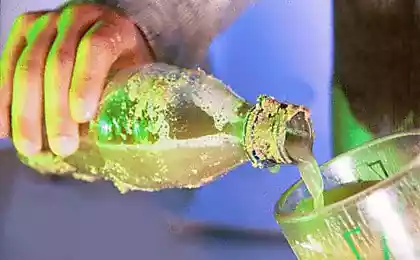443
In water, irrigated Chinese parks found superbugs resistant to antibiotics

Recently, researchers from the Chinese Academy of Sciences in Beijing have made an alarming discovery: during the inspection of the public parks in seven cities of China they found that in parks irrigation systems with treated sewage the number of genes with antibacterial resistance (ARG) 8655 times higher than irrigation with fresh water.
It should be noted that the measured number of genes that are resistant to antibiotics, is not the levels themselves superbugs, it only shows their presence. According to the study, 147 ARG-genes that are resistant to a wide range of antibiotics, was detected in all soil samples parks. This study also shows that the super-bacteria, ARG-genes and antibiotics are not destroyed in the process of water purification at wastewater treatment plants. But the main danger lies in the fact that they can spread in the environment and harm to human health through the expanded use of public places.
It is worth considering that in this study the presence of superbugs in recycling water used to irrigate parks, was conducted only in China, so the results cannot be generalized to other countries, where application of other methods of water purification and other antibiotics. However, this gives rise to further research on an international scale, especially in light of the frequent droughts in many regions of the world where the use of recycled water for irrigation is the natural and practically the only possible solution.
But if the worst fears will be confirmed, and the use of recycled wastewater for irrigation can lead to public health crisis, now it is necessary to take effective measures for improvement of sewage treatment facilities and to prevent the spread of superbugs.
Source: www.ozemle.net























